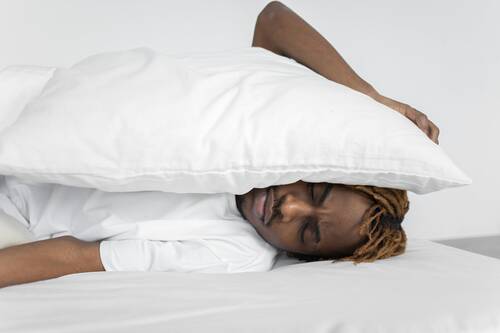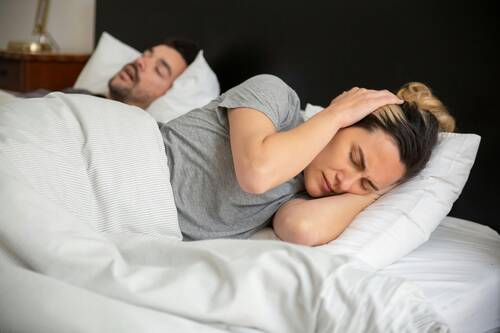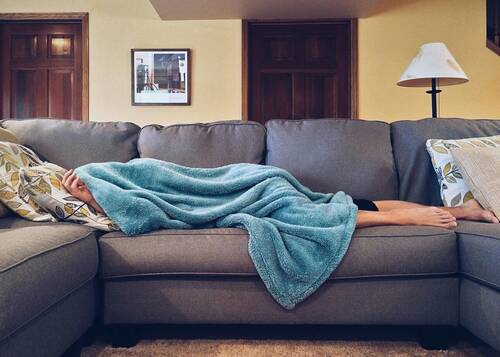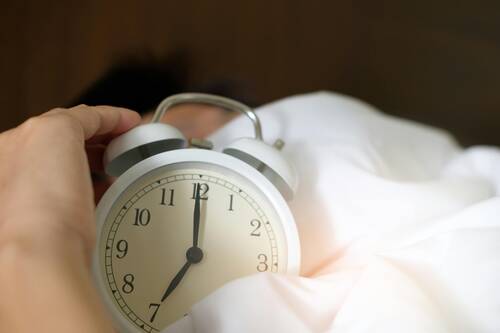Lifestyle & Health / 07.04.2025
Well-Being Starts Here: Key Practices to Boost Your Health and Happiness
Creating a balanced lifestyle starts with small, manageable choices. Each day offers a chance to improve how you feel, think, and function. Many people are moving away from quick fixes and turning toward practical solutions that support overall vitality. From what you eat to how you spend your mornings, daily routines can make a real difference.
Here’s how you can live a more clean lifestyle:
Start with a Simple Morning Routine
A consistent morning rhythm helps create a sense of direction. It doesn’t need to be complex. Something as easy as drinking water when you wake up, stretching for five minutes, and setting one clear goal for the day can increase your focus and motivation. This kind of structure helps reduce decision fatigue and sets the pace for smoother choices throughout the day. Some people also like writing down what they’re grateful for before jumping into work or errands. These little practices help shift your mindset in a positive direction early on.
(more…)



























